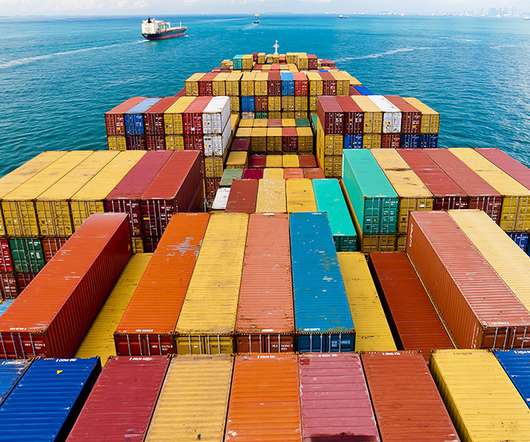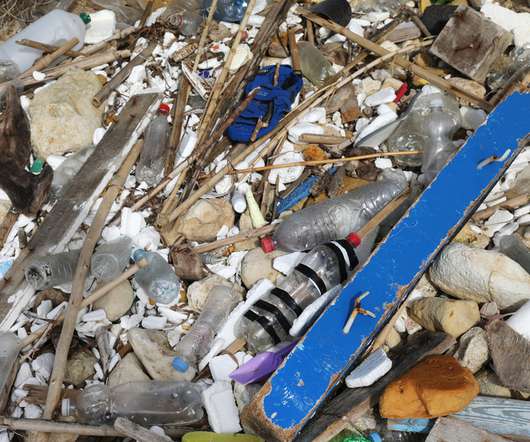Supply chains are key to corporate social value
Proxima
MARCH 22, 2021
Unilever was among the biggest names to implement rigorous policies on this in 2020, vowing to pay all employees across its value chain at least a living wage by 2030, as well as committing to spending €2bn annually with suppliers consisting of under-represented groups by 2025.
















Let's personalize your content